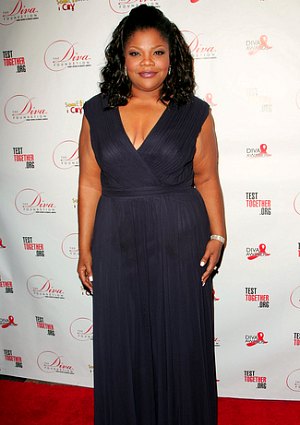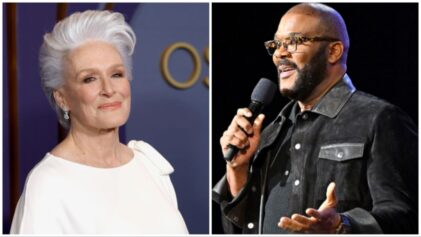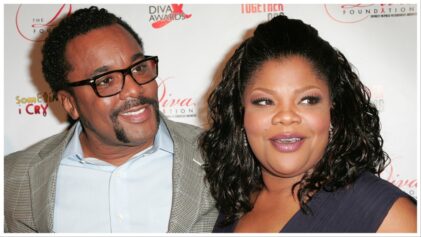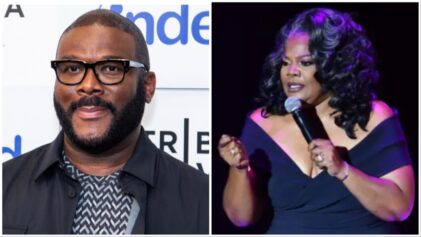
Mo’Nique, 47, was told by director Lee Daniels that she had been blackballed in Hollywood after her 2010 Oscar win because she hadn’t properly campaigned leading up to the ceremony.
From MoNique’s reaction, it felt like all of these expectations of her came as a total surprise, as if no one had ever given her the manual on proper behavior for Oscar nominees and award campaigns.
It was like she had been invited to the cotillion but nobody told her she had to wear a gown.
It is a story directly related to last night’s overly bleached Academy Awards, where Black nominees and winners were in short supply—outside of Common and John Legend’s win for the Selma song, “Glory.”
Hollywood is clearly run by a closely-knit coterie of insiders, men and women who have been accepted into the club and who zealously guard entrée for all newcomers. Just like in every other industry, Black people are the perpetual outsiders—often without even knowing it. And sometimes without the white insiders intentionally excluding based on race. That is the stinging pain of institutional racism.
Black artists like Selma director Ava DuVernay and actor David Oyelowo aren’t yet in the club. This isn’t to suggest that there isn’t room for shocking breakthroughs—such as Lupita Nyong’o last year for 12 Years a Slave, or Mo’Nique herself for Precious—but they are rare, particularly for a category as prone to insider status as Best Director. Black wins for Supporting Actor are more common.
Based on her comments to the Hollywood Reporter, Mo’Nique didn’t know the game she was supposed to be playing. Lee Daniels, who directed her in Precious, contacted her and delivered news that stunned her.
“I got a phone call from Lee Daniels maybe six or seven months ago,” Mo’Nique told The Hollywood Reporter. “And he said to me, ‘Mo’Nique, you’ve been blackballed.’ And I said, ‘I’ve been blackballed? Why have I been blackballed?’ And he said, ‘Because you didn’t play the game.’ ”
She said she was offered high-profile roles in several projects by Daniels , such as in “The Butler,” in “Empire,” and in an upcoming Richard Pryor biopic, but they were “taken off the table” as a result of the blackball.
“What I understood was that when I won that Oscar, things would change in all the ways you’re saying: It should come with more respect, more choices and more money,” she said. “It should, and it normally does.”
She compared her plight to Hattie McDaniel, the first African-American to win an Academy Award for playing a maid in “Gone with the Wind” (1939). Mo’Nique’s role in Precious as the coarse, abusive mother was attacked by many as perpetuating extremely damaging stereotypes.
“Hattie said, ‘After I won that award, it was as if I had done something wrong,’” Mo’Nique said. “It was the same with me.”
Mo’Nique even implied that she should be paid for making promotional appearances when she talked about Oscar campaigning with Taraji Henson and Terrence Howard on her now canceled talk show.
The entire saga is an eye-opening window into how far most Black actors are from membership into the Hollywood club. Mo’Nique was supposed to be following a script that nobody had bothered to place in her hands. Instead, she played the role of the perpetual outsider.


